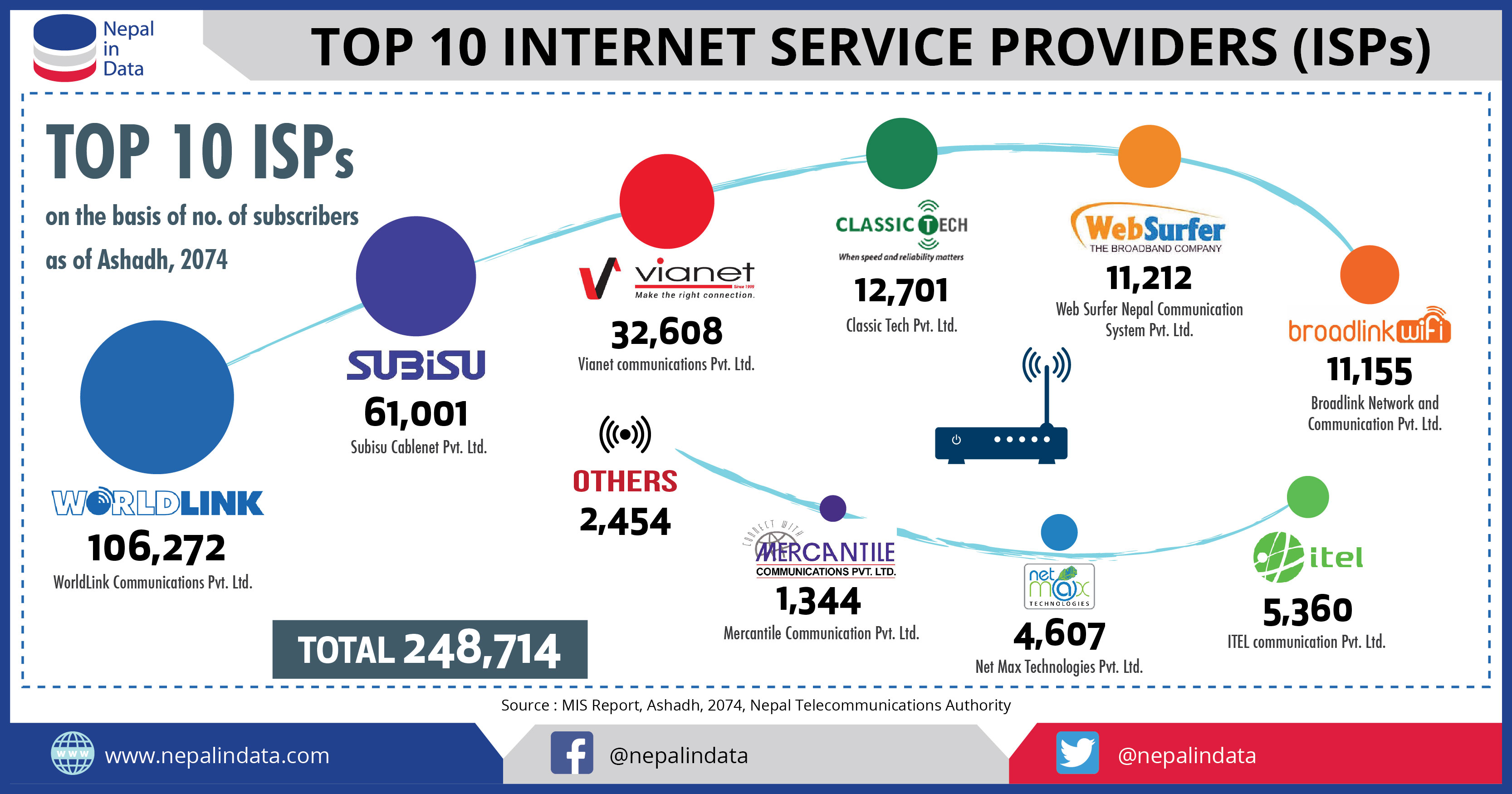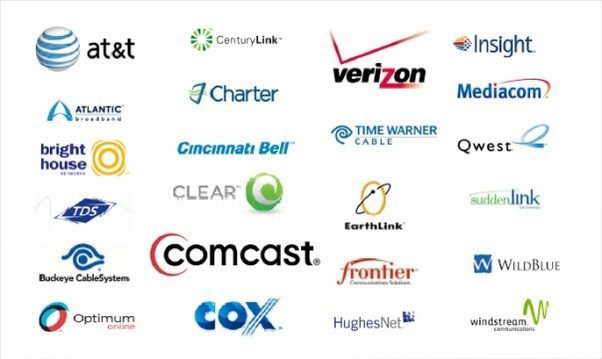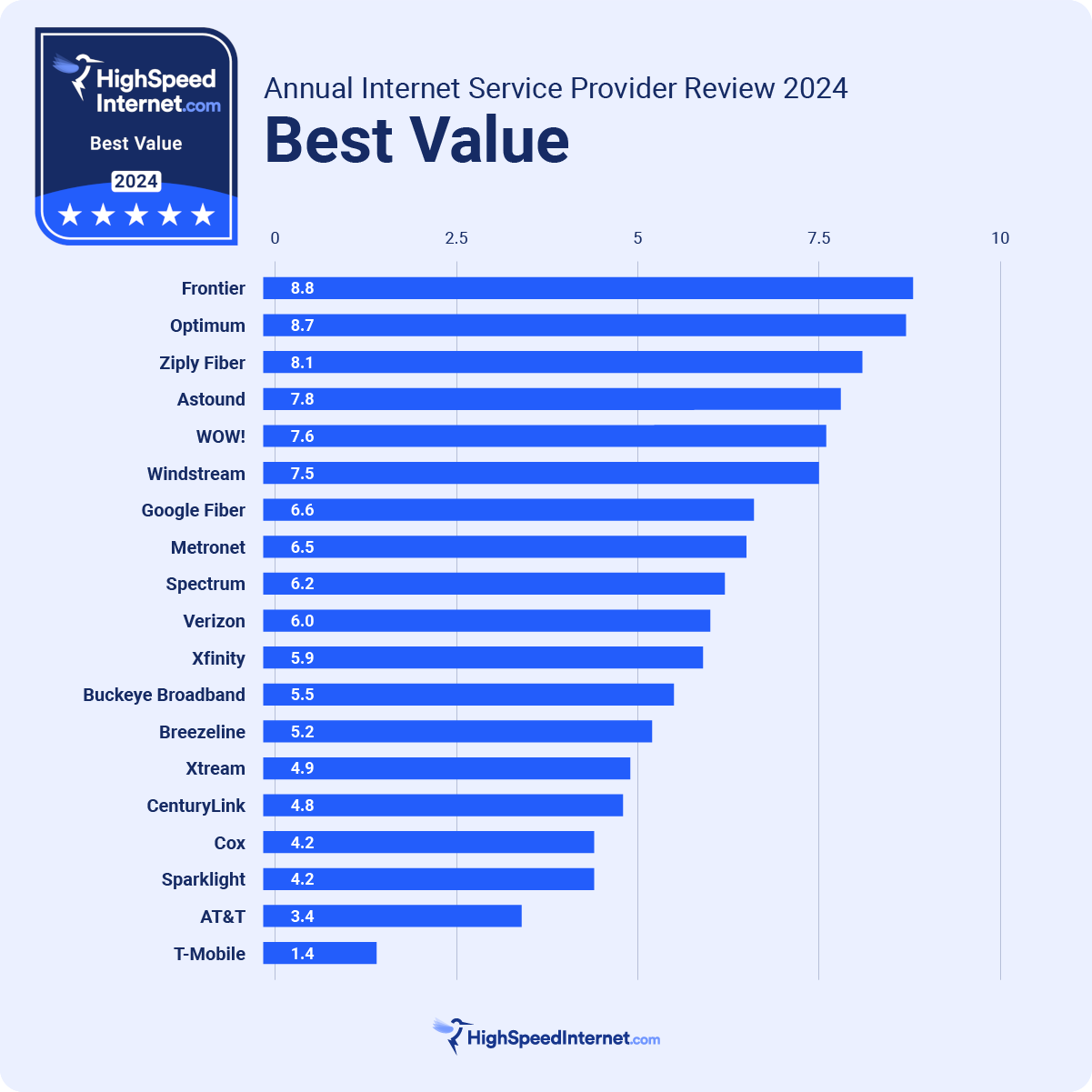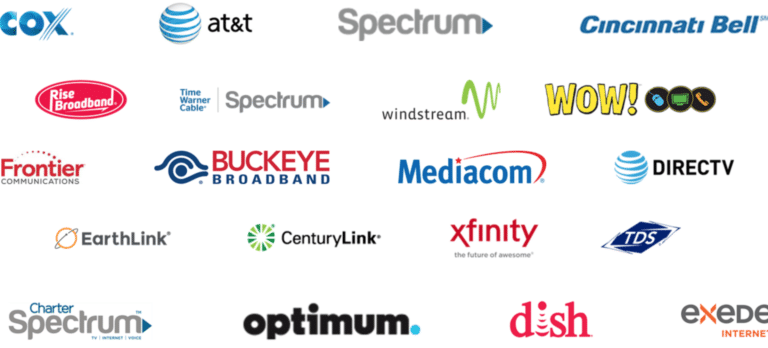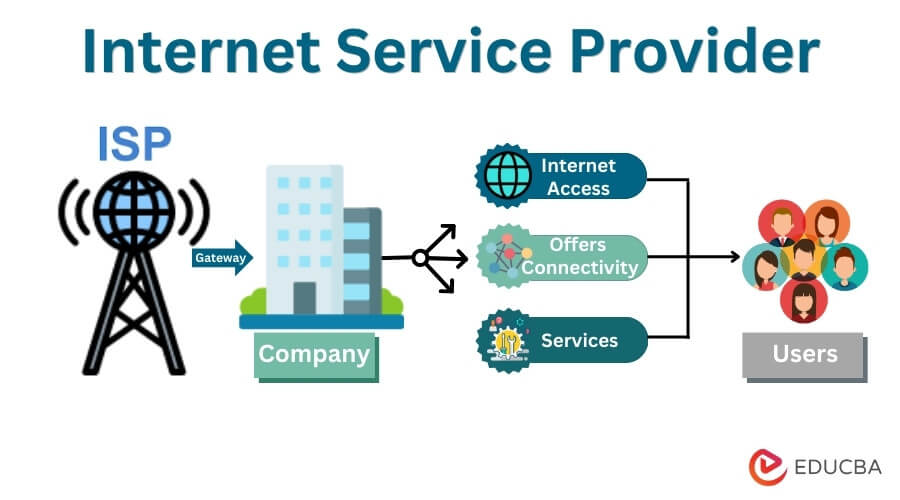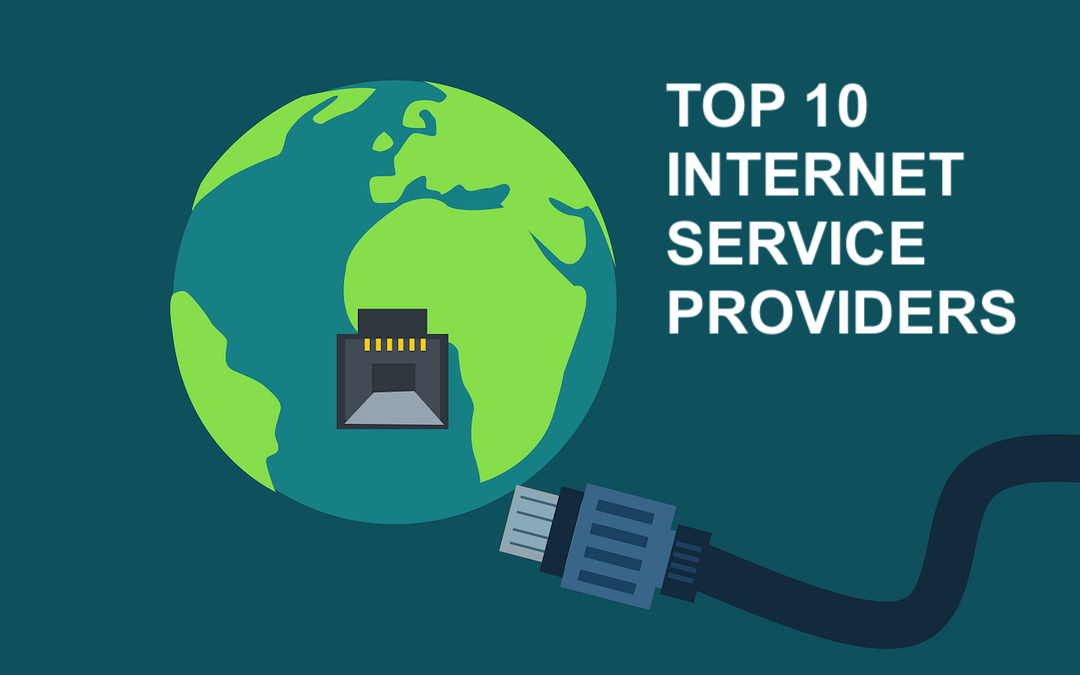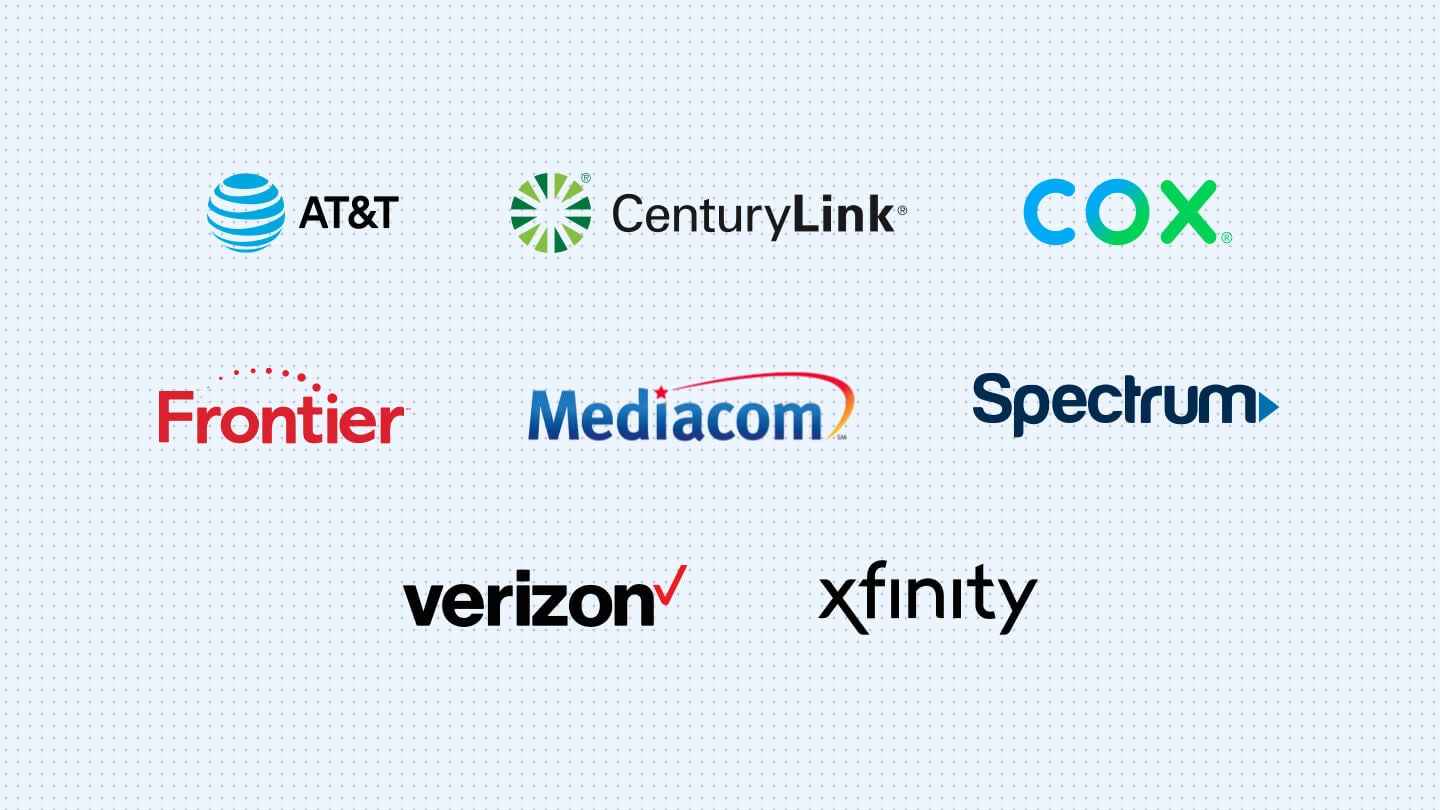What Is The Best Provider For Internet
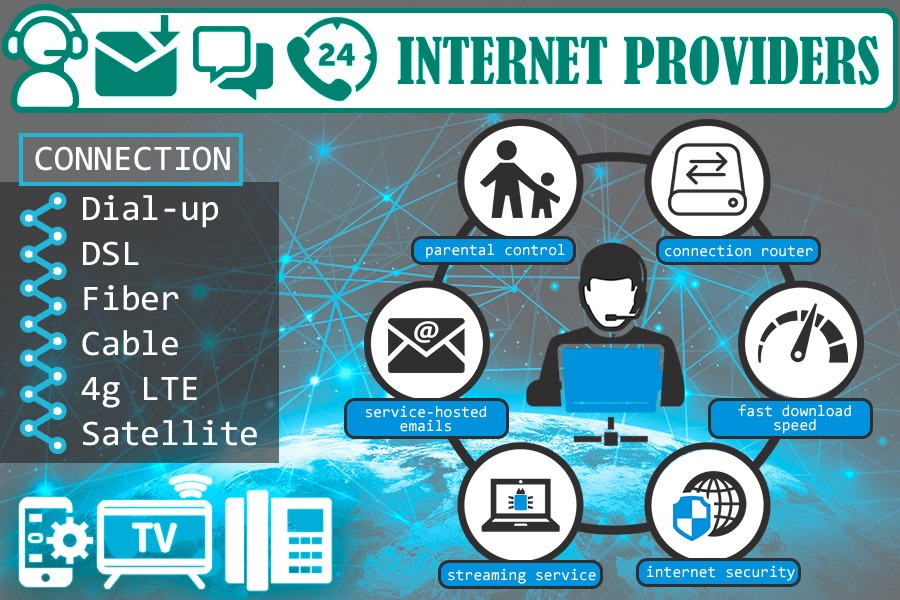
In today’s hyper-connected world, reliable internet access isn't a luxury; it's a lifeline. The quest for the "best" internet provider, however, remains a complex and often frustrating endeavor for consumers nationwide.
This article delves into the factors that determine internet service quality, compares leading providers, and offers insights to help you navigate the often-murky waters of internet service selection. Speed, reliability, customer service, and affordability all play crucial roles, but the optimal choice depends heavily on individual needs and location.
Understanding the Key Factors
Several factors dictate the quality and suitability of an internet provider. These include the technology used, the speeds offered, the reliability of the connection, customer service reputation, and, of course, price.
Technology: Cable, Fiber, and Beyond
Cable internet, typically offered by companies that also provide television services, is widely available and generally offers decent speeds. However, speeds can fluctuate during peak hours due to shared bandwidth. Fiber optic internet, on the other hand, uses strands of glass or plastic to transmit data at the speed of light, offering significantly faster and more consistent speeds. Availability remains a limitation for fiber in many areas.
DSL (Digital Subscriber Line) utilizes existing phone lines to provide internet access, but speeds are often slower than cable or fiber. Satellite internet offers coverage in remote areas but suffers from high latency, making it unsuitable for gaming or real-time applications. Fixed wireless is also becoming more popular, delivering internet via radio waves, though it's also susceptible to weather interference.
Speed and Bandwidth: More Than Just Numbers
Advertised internet speeds can be misleading. The Federal Communications Commission (FCC) provides resources to help consumers understand broadband speed tiers and typical usage scenarios.
A single person who only browses the web and checks email may be satisfied with a lower speed tier. A household with multiple users streaming video, gaming, and working from home will require significantly higher bandwidth. Understanding your specific needs is crucial.
Reliability and Customer Service: Avoiding Downtime and Headaches
Internet outages can be incredibly disruptive. Look for providers with a reputation for reliability and minimal downtime.
Customer service is equally important. When problems arise, you want a provider that is responsive, knowledgeable, and capable of resolving issues quickly. Online reviews and customer forums can provide valuable insights into a provider's customer service quality.
Comparing Leading Providers
Several major internet providers dominate the US market, each with its strengths and weaknesses. These include Comcast (Xfinity), Verizon, AT&T, Charter (Spectrum), and smaller regional providers.
Comcast, operating under the Xfinity brand, offers cable internet and is widely available. Its speeds are competitive, but customer service ratings often lag behind other providers.
Verizon Fios is known for its fiber optic service, offering symmetrical upload and download speeds and high reliability. However, Fios is only available in select areas.
AT&T offers both DSL and fiber optic internet, depending on location. Their fiber service, AT&T Fiber, is competitive with Verizon Fios, but DSL speeds can be significantly slower.
Charter Spectrum provides cable internet and is available in many regions. Similar to Comcast, Spectrum offers competitive speeds but has mixed customer service reviews.
The Importance of Local Options
Don't overlook smaller, local internet providers. These companies may offer more personalized customer service and competitive pricing.
Research local options and compare their offerings to those of the larger national providers. Local providers often have a deeper understanding of the specific infrastructure and challenges in their service area.
Looking Ahead: The Future of Internet Connectivity
The future of internet connectivity is likely to be driven by further expansion of fiber optic networks and the deployment of 5G technology. These advancements promise even faster speeds, lower latency, and greater reliability.
Satellite internet is also evolving, with companies like SpaceX's Starlink aiming to provide high-speed internet to underserved areas via a network of low Earth orbit satellites.
Choosing the "best" internet provider is a highly individualized decision. By carefully considering your needs, researching available options, and weighing the factors discussed in this article, you can make an informed choice that will provide you with the reliable and affordable internet access you need.
